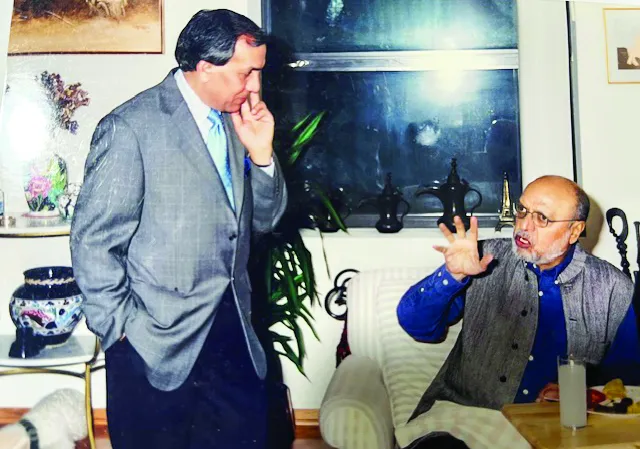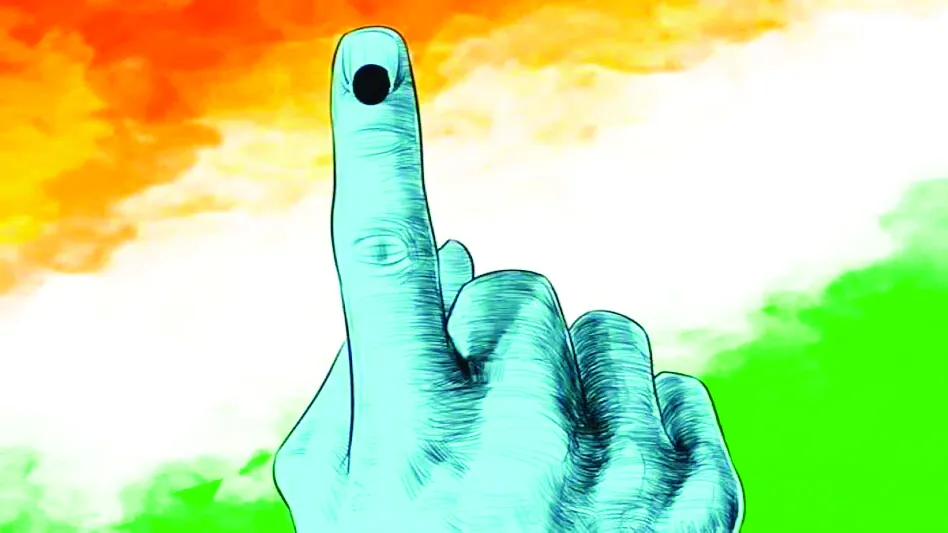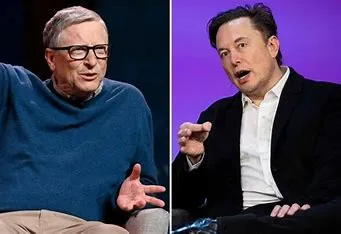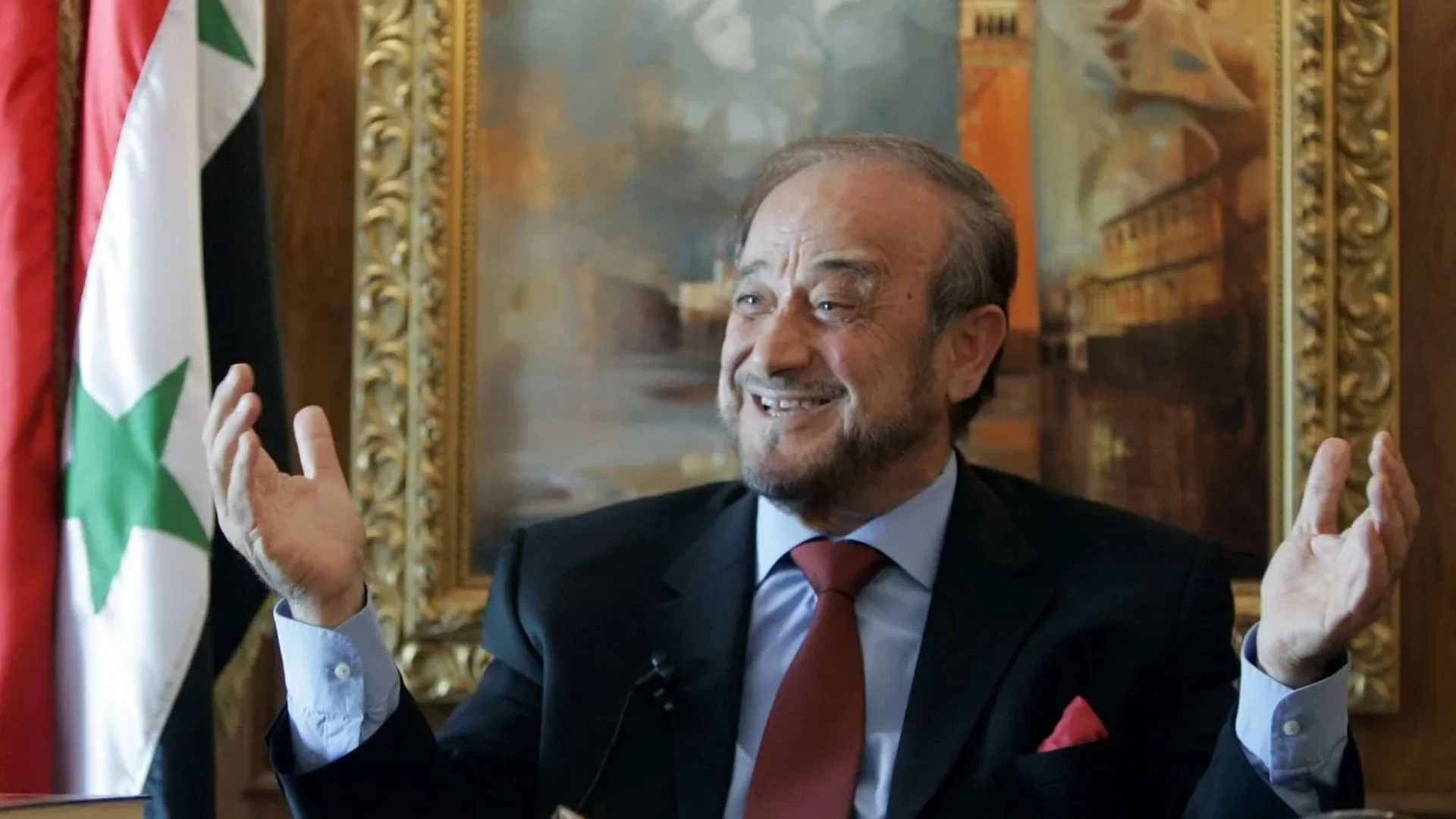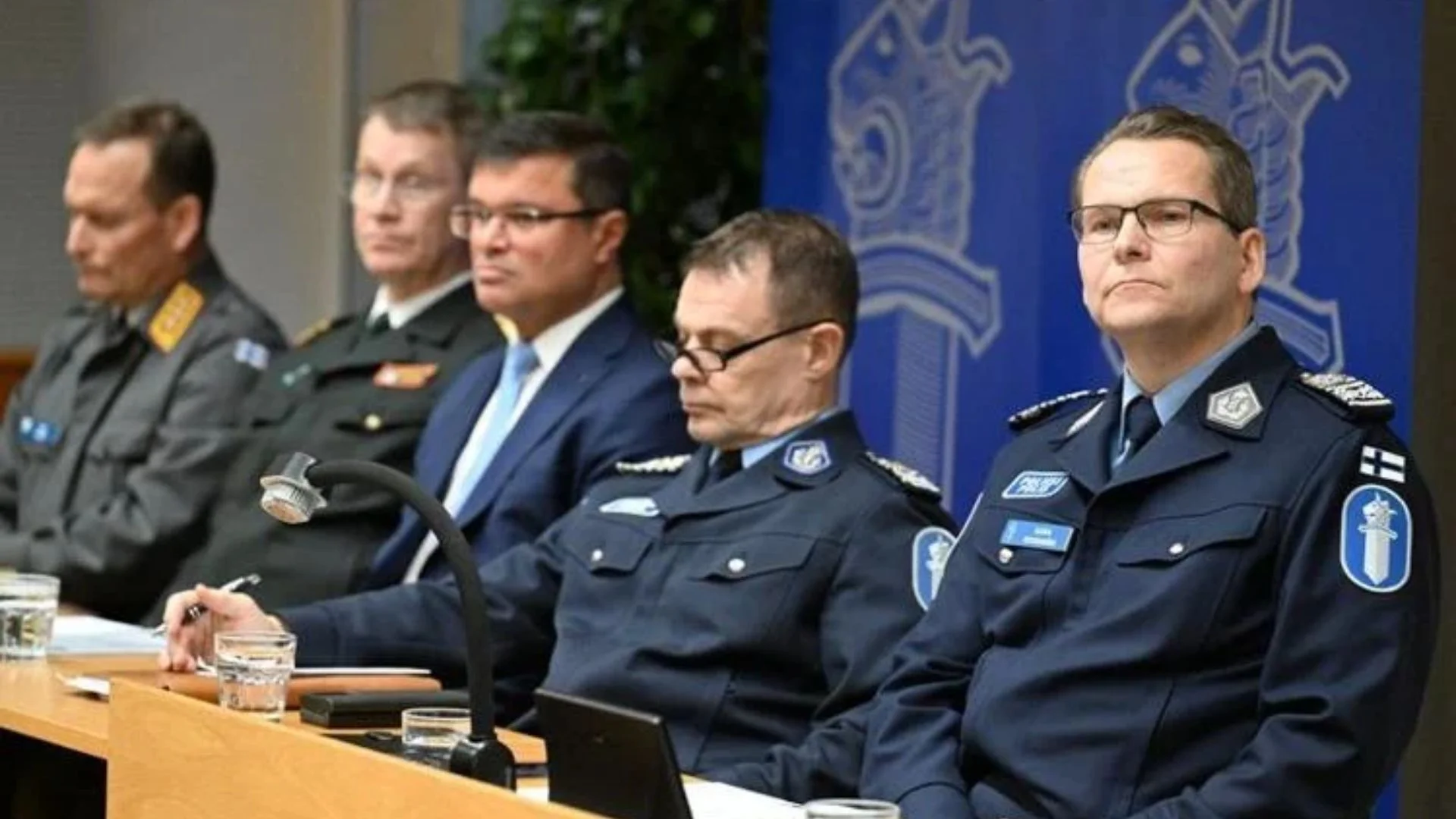The Centre’s recent rules for checking the misuse of online media, social media and OTT platforms are drawing criticism for being contrary to freedom of expression. However, critics must understand that the rules are for self-regulation and to ensure that no nefarious or anti-national designs are spread in the disguise of promoting individual freedoms.
The Union government has sought to bring some order to OTT platforms, even as the court feels that the rules framed “lacked teeth to punish violators or to screen offensive content”. Some web series on Netflix and Amazon Prime contain pornography, the court observed, and said they needed to be screened before being released for public viewing. The apex court’s observations came on 5 March while hearing a case related to a web series on one such OTT platform.
This shows that the government’s response has been liberal and in consonance with the mood of the people and their belief that self-regulation is the best. Should it fail, nobody should grudge the government coming out with laws to govern content and punish violators.
Through the Gazetted Notification of 25 February 2021, the Union government announced rules governing social media and OTT platforms called the “Information Technology (Intermediary Guidelines and Digital Media Ethics Code) Rules, 2021”. This is intended to check the misuse and abuse of social media platforms by vested interests either through publishers of content, such as OTT and digital news media, or through intermediaries that provide platforms where entities with vested interests circulate fake news to foment trouble and divide society.
Let us not try to underestimate supranational organisations such as Facebook and Google as they are capable of undermining the credibility of any government and influence political decisions. They can make one-way communication possible by blocking anyone, control the information flow and use data to create an ambience where only one kind of ideology prevails.
National sovereign governments are finding it tough to face their ambush. The ethics of it must be understood. Suppose a Communist government with the best IT manoeuvring technology wants to spread Communism and justify its onslaught in the world. How would the world react to that? These tech giants—Facebook, Amazon, Apple, Netflix, and Google, which are referred to as FAANG—are often accused of resorting to predatory business practices, tax avoidance, misuse of data, etc. and governments across the world are trying to find ways to defang these.
We should not miss the fact that Twitter stopped the account of the then US President Donald Trump after concluding that his tweets incited violence. Without getting into the controversy surrounding Trump, one cannot deny that these social media operators become both the judge and executioner at the same time and this could be dangerous where people want to be governed more by democratic institutions.
The proposed media bargaining law in Australia enraged Facebook so much that it decided to block all news content in that country. Under the provisions of the new law, both Google and Facebook were asked to share a portion of their respective revenues with local publishers and this was to be done through a mandatory agreement. Google went ahead and signed the agreement with two news content organisations. But Facebook’s reaction was: “In response to Australia’s proposed new Media Bargaining law, Facebook will restrict publishers and people in Australia from sharing or viewing Australian and international news content.”
Australia has already passed legislation to stop foreign influence from impacting their domestic politics. After the Christchurch shooting incident in New Zealand in 2019, the Australian parliament passed a law to stop such online platforms live-streaming real violence as had happened in New Zealand. The Christchurch mosque shooting was live-streamed on Facebook for 17 minutes by an Australia-born man who apparently used a helmet-mounted camera to show his act of shooting worshippers in two mosques.
The Indian government has taken a liberal view of social media platforms. It has recognised the role played by such platforms in empowering people and giving them a strong voice, but it has also demonstrated concerns on its misuse. The guidelines have been framed after several complaints from social media users and concerns shown by lawmakers and judicial orders that something should be done to bring accountability to social media platforms that claim immunity saying they are not content creators but platform providers. They call it intermediary protection. These concerns have been raised from time to time in various forums including the Parliament and its committees, judicial orders and in civil society deliberations in different parts of the country.
But the apex court has disagreed, saying there is a “necessity to identify the originators of fake news who trigger violence, are a potential risk to the country’s security, or defame individuals”. Fake news can create unimaginable disturbances since very few would take the pain to check if the news was correct or not. People often forward a message in good faith. One way is to take action against all those who forwarded the message. This obviously will create a massive problem. The alternative is to find the mischief-monger. All such fake news have a purpose. The creator may be in India or anywhere across the borders as the internet has brought the world closer. So, one can create disturbances in India while sitting in Canada. The law of Canada may protect him and hence there would be no check on him.
Fear is being created by irresponsible media persons who say that WhatsApp chats can be leaked. Then WhatsApp claims that the messages are encrypted and can’t be read even by WhatsApp. So then how will it give the address of the first creator of a message? Many IT experts say it is technologically possible to meet the demands of both privacy and accountability. This can be done by finger printing text messages where the originator of the message would be identified without reading the message per se. The same technology that creates a problem gives the solution too. Unnecessary fear-mongering won’t help.
There have also been numerous complaints about the sharing of morphed images of women and revenge porn that threaten the dignity of women. One can spread any rumour about anyone without caring for their dignity. Should these not be checked? The fact is that the most empowering medium can also be blatantly misused. The new rules try to stop this by asking these mediums to self-govern and create platforms for the redressal of complaints and grievances.
Social media penetration in the country is so deep that unless some monitoring is done and rules are framed it may lead to chaos. Government data says there are 53 crore people on WhatsApp, 44.8 crore on YouTube, 41 crore on Facebook, 21 crore on Instagram and 1.75 crore on Twitter. The government has acknowledged that these platforms have enabled citizens to stay informed, give vent to their creativity or disagreement and criticise the government. The government has also acknowledged that social media companies have a right to do business in India and earn profits. But the government wants them to be accountable to the law of the land.
There is a government which has been voted to power for its ideology of development and building a strong country. Vested interests would not like a nationalist government to survive since it does not support neo-colonialism and advocates a strong national identity. Those claiming to provide a common platform on social media may try to manipulate the minds of people and promote a one-way ideology. They may block certain accounts or control others or favour those who are advocating a divisive ideology and conflict. Should the government not intervene then?
Users are usually left to the whims and fancies of those running such platforms. One may have developed one’s profile painstakingly but he or she can be removed from the platform without any opportunity to be heard. So, how do we ensure that users of these platforms have transparent and quick methods of redressal of their complaints if they feel they are a victim of the medium, whether it is fake news or a programme beamed on OTT platforms?
The new rules have proposed a three-level grievance redressal mechanism. The first level is through self-regulation by ‘publishers’ who would appoint a Grievance Redressal Officer based in India. The second level will be a self-regulatory body of not more than six persons to be registered with the Ministry of Information and Broadcasting and shall be headed by “a retired judge of the Supreme Court, or High Court or independent eminent person”. The third level is the Oversight Mechanism to be formulated by the Ministry of Information and Broadcasting. “It shall publish a charter for self-regulating bodies, including Codes of Practices. It shall establish an Inter-Departmental Committee for hearing grievances”, the government has announced.
The three levels of monitoring suggested by the government are expected to bring some accountability to these platforms. Who can oppose the suggestion of appointing a Grievance Officer at the level of intermediaries to register complaints within 24 hours and address the issue within 15 days? The bigger platforms, called ‘significant social media intermediaries’, will need to identify the first originator of information (fake news). It has given an exhaustive list of offences for which such an originator is needed, such as threatening “the sovereignty and integrity of India, the security of the State, friendly relations with foreign States, or public order or of incitement to an offence relating to the above or in relation with rape, sexually explicit material or child sexual abuse material punishable with imprisonment for a term of not less than five years”. The government has clarified that these platforms “shall not be required to disclose the contents of any message or any other information”. This means they are not being asked to read the messages.
In addition to these, OTT platforms, who are the ‘publishers’, would classify their content into five age-based categories: U (Universal), U/A 7+, U/A 13+, U/A 16+, and A (Adult). They would need to have a parental lock system in place and inform users about the nature of the content to enable informed choice.
These rules are merely for self-regulation and to ensure that no nefarious design is spread in the garb of promoting individual freedom through social media. You can criticise, debate and oppose issues, but you can’t use fake news narratives to badmouth someone using fake profiles or handles. These platforms are not just intermediaries that provide platforms for various expressions but also publishers of news content. Hence, the law of the land that applies to news and content organisations should apply to them as well. Digital media is now expected to follow the journalistic conduct of the Press Council of India and the Programme Code under the Cable Television Network Act, which are already applicable to print and TV. A level-playing field has been provided.
Those who are calling it ‘anti-individual freedom’ should know that every freedom comes with reasonable restrictions. There is a great difference between news and views. If you create fake news to create trouble in the society, you should be ready to face the consequences. The code or rules will definitely act as a deterrent. Similar is the case with OTT platforms. They had gone berserk, showing violence and nudity on an unprecedented scale.
Technology is evolving and social media has emerged as the biggest influencer. It has also become an instrument of promoting crime and hate. Mandatory verification of every account would ensure that the users of social media know the ones creating a particular kind of message. If you do not wish to be transparent, this would mean that you have a nefarious design to create conflict and promote business. The days of fake handles and accounts may soon be over.
The writer is convener of the Media Relations Department of the BJP and represents the party as a spokesperson on TV debates. He has authored the book ‘Narendra Modi: The Game Changer’. The views expressed are personal.



